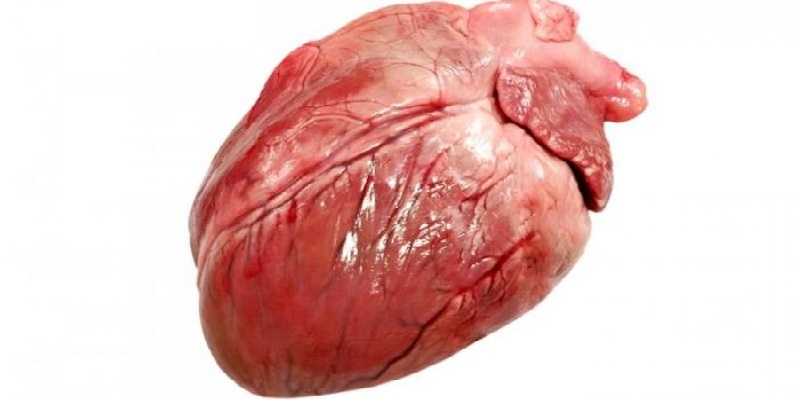What Organs Are Good to Eat

Heart
The heart is a nutrient-rich organ meat that offers a plethora of vitamins and minerals. Specifically, it’s an excellent source of folate, iron, zinc, and selenium, as well as B-complex vitamins like B2, B6, and B12. These vitamins work to protect cardiovascular health, maintain stable blood pressure, and lower cholesterol levels. They also benefit neurological health, reducing symptoms of memory loss, depression, and anxiety.
Additionally, the heart is rich in CoQ10, a powerful antioxidant that slows down the aging process and boosts energy levels. CoQ10 also aids in the treatment and prevention of certain diseases, especially heart-related issues. This substance is abundant in the hearts of wild bovines, buffalo, deer, and cattle.
Tongue
Although often classified as offal, the tongue is actually a muscle. It offers a delicious flavor comparable to other meat cuts and boasts a high calorie and fatty acid content. Tongue is also a good source of zinc, iron, choline, and vitamin B12. This meat is particularly beneficial for the convalescent, injured, and pregnant women.

Liver
Liver is a nutritional powerhouse and should be included in your diet if sourced carefully. It is the most nutrient-dense organ, containing compounds that are hard to find in other foods. Liver is rich in folic acid, iron, and zinc, and especially vitamin A. Vitamin A is excellent for eye health and reducing inflammation, with benefits for Alzheimer’s and arthritis sufferers.
What Organs Are Not Good to Eat
Intestines
Intestines are a risky food choice as they are the repository for digested food residue. This part of the animal’s body harbors numerous microorganisms, pathogens, bacteria, and parasites that can enter the human body.
Additionally, intestines contain high levels of harmful cholesterol and hard-to-digest protein. For these reasons, the elderly, those with weak digestion, and individuals with cardiovascular and hypertension issues should avoid this food.
Brain
Brain tissue contains beneficial nutrients like calcium, phosphorus, and iron. However, it also boasts exceptionally high cholesterol levels. Every 100 grams of pork brain contains nearly 3,000 mg of cholesterol, which is ten times the maximum daily allowance.
Furthermore, the nutritional profile of this food is imbalanced, offering abundant cholesterol but insufficient protein. This makes it unsuitable for the elderly and those with cardiovascular concerns.

Lungs
Animals tend to sniff the ground and root around in dirty places, inhaling large amounts of dust and dirt. Their lungs contain numerous alveoli, which are prone to trapping and accumulating bacteria. If not thoroughly cleaned and properly cooked, consuming lungs may introduce bacteria, dirt, and heavy metals into your body. This dish is also not recommended for the elderly and those with chronic illnesses.
See also:
The above recommendations are a compilation of organs that are beneficial and harmful to your health. We hope this article has provided you with valuable insights. Wishing you abundant health!
Source: phunutoday.vn





































